Today is the feast day of St. Catherine of Siena, Doctor of the Church. Throughout her life, St. Catherine was a prolific writer. She composed many prayers, including the following to the Holy Spirit:
Holy Spirit, come into my heart; draw it to Thee by Thy power, O my God, and grant me charity with filial fear. Preserve me, O beautiful love, from every evil thought; warm me, inflame me with Thy dear love, and every pain will seem light to me. My Father, my sweet Lord, help me in all my actions.
In St. Catherine’s prayer I hear an echo, a response to today’s Gospel where Jesus promises to send an Advocate to His disciples. Jesus says, “I have told you this while I am with you. The Advocate, the Holy Spirit whom the Father will send in my name – he will teach you everything and remind you of all that I told you” (John 14:25-26).
The Holy Spirit is with us always. We received the Holy Spirit at our baptism and each day, each moment, He is working within us. Those sparks of ideas for generosity, patience, outreach, love, compassion and mercy come from the Holy Spirit. The Catechism states: “By this power of the Spirit, God’s children can bear much fruit. He who has grafted us onto the true vine will make us bear “the fruit of the Spirit: . . . love, joy, peace, patience, kindness, goodness, faithfulness, gentleness, self-control.” “We live by the Spirit”; the more we renounce ourselves, the more we “walk by the Spirit” (CCC #736).
St. Catherine understood this deeply. She lived during the 1300’s. While her mother greatly desired her to marry, Catherine knew her calling from a young age. She even cut her hair to make her less attractive so she could devote her life totally to God. One would assume the next phase of her life included heading to a convent. Not Catherine. Her complete surrender to Jesus, which led her to a deep understanding of the Holy Spirit’s guidance, kept her at home. She remained a lay woman her whole life, but dedicated herself in service to the poor and the Church through the Dominican Third Order.
St. Catherine shows us that everyone, religious and lay alike, are called to holiness. Each one of us has received the Spirit within us. When we follow the Holy Spirit, we will always be drawn deeper into the mystery of the Trinity, the mystery of our ever loving God.
Hoy es la fiesta de Santa Catalina de Siena, Doctora de la Iglesia. A lo largo de su vida, Santa Catalina fue una escritora prolífica. Compuso muchas oraciones, entre ellas la siguiente al Espíritu Santo:
Espíritu Santo, ven a mi corazón; atráelo hacia Ti con tu poder, oh Dios mío, y concédeme caridad con temor filial. Guárdame, oh hermoso amor, de todo mal pensamiento; Caliéntame, inflámame con tu querido amor, y cada dolor me parecerá ligero. Padre mío, mi dulce Señor, ayúdame en todas mis acciones.
En la oración de Santa Catalina escucho un eco, una respuesta al Evangelio de hoy donde Jesús promete enviar un Abogado a sus discípulos. Jesús dice: “es he hablado de esto ahora que estoy con ustedes; pero el Paráclito, el Espíritu Santo que mi Padre les enviará en mi nombre, les enseñará todas las cosas y les recordará todo cuanto yo les he dicho” (Juan 14, 25-26).
El Espíritu Santo está con nosotros siempre. Recibimos el Espíritu Santo en nuestro bautismo y cada día, cada momento, Él está obrando en nosotros. Esas chispas de ideas de generosidad, paciencia, ayuda, amor, compasión y misericordia provienen del Espíritu Santo. El Catecismo afirma: “Gracias a este poder del Espíritu Santo los hijos de Dios pueden dar fruto. El que nos ha injertado en la Vid verdadera hará que demos “el fruto del Espíritu, que es caridad, alegría, paz, paciencia, afabilidad, bondad, fidelidad, mansedumbre, templanza.” “El Espíritu es nuestra Vida”: cuanto más renunciamos a nosotros mismos más “obramos también según el Espíritu” (CIC #736).”
Santa Catalina comprendió esto profundamente. Vivió durante el siglo XIII. Si bien su madre deseaba mucho que se casara, Catalina conoció su vocación desde muy joven. Incluso se cortó el pelo para hacerla menos atractiva y poder dedicar su vida totalmente a Dios. Se podría suponer que la siguiente fase de su vida incluía ir a un convento. Pero no pasó así para Catalina. Su completa entrega a Jesús, que la llevó a una profunda comprensión de la guía del Espíritu Santo, la mantuvo en casa. Siguió siendo laica toda su vida, pero se dedicó al servicio de los pobres y de la Iglesia a través de la Tercera Orden Dominicana.
Santa Catalina nos muestra que todos, religiosos y laicos, están llamados a la santidad. Cada uno de nosotros ha recibido el Espíritu dentro de nosotros. Cuando seguimos al Espíritu Santo, siempre seremos atraídos más profundamente al misterio de la Trinidad, el misterio de nuestro Dios siempre amoroso.
 Kate Taliaferro is an Air Force wife and mother. She is blessed to be able to homeschool, bake bread and fold endless piles of laundry. When not planning a school day, writing a blog post or cooking pasta, Kate can be found curled up with a book or working with some kind of fiber craft. Kate blogs at DailyGraces.net.
Kate Taliaferro is an Air Force wife and mother. She is blessed to be able to homeschool, bake bread and fold endless piles of laundry. When not planning a school day, writing a blog post or cooking pasta, Kate can be found curled up with a book or working with some kind of fiber craft. Kate blogs at DailyGraces.net.
Feature Image Credit: javivigp, cathopic.com/photo/8653-parmenie
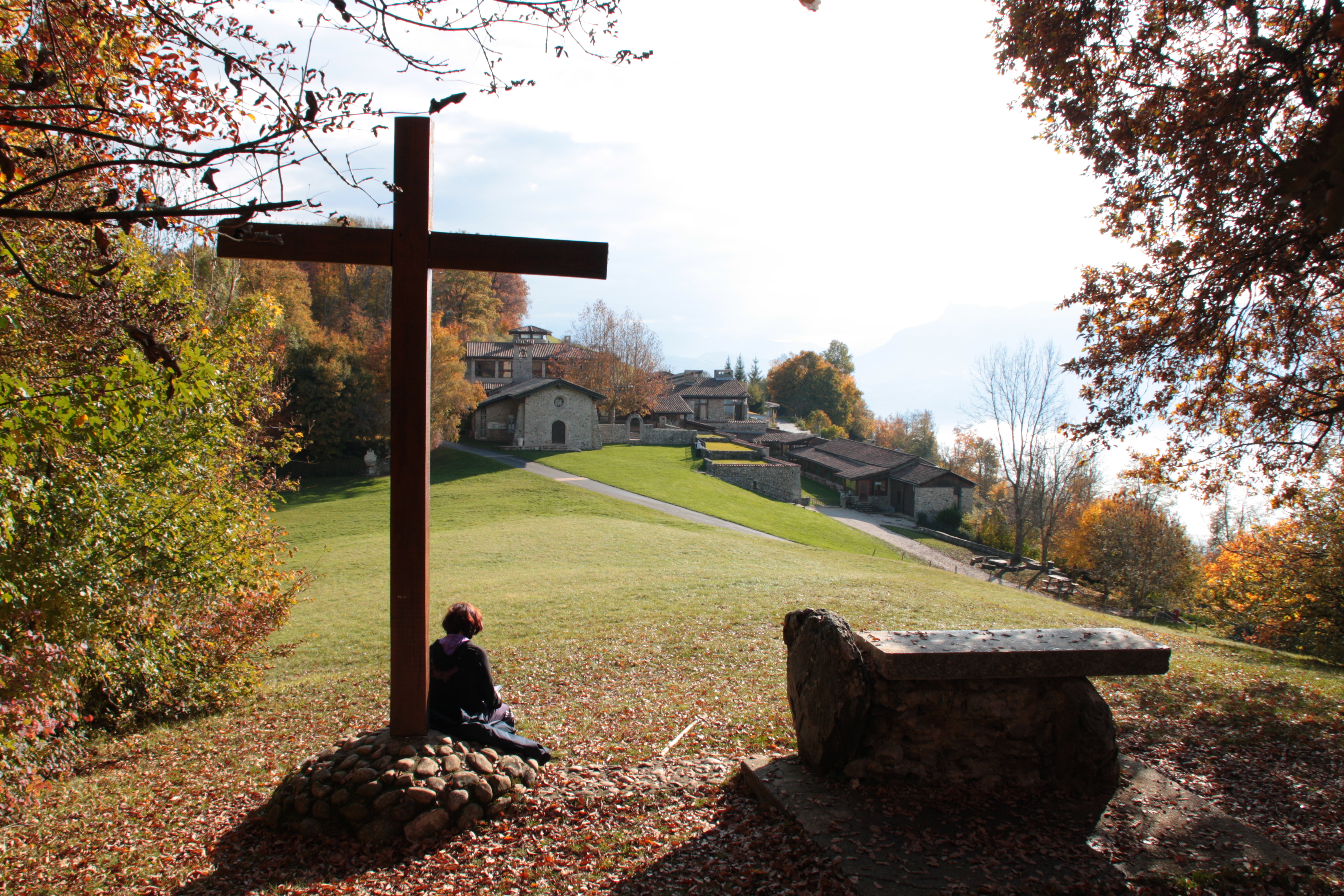
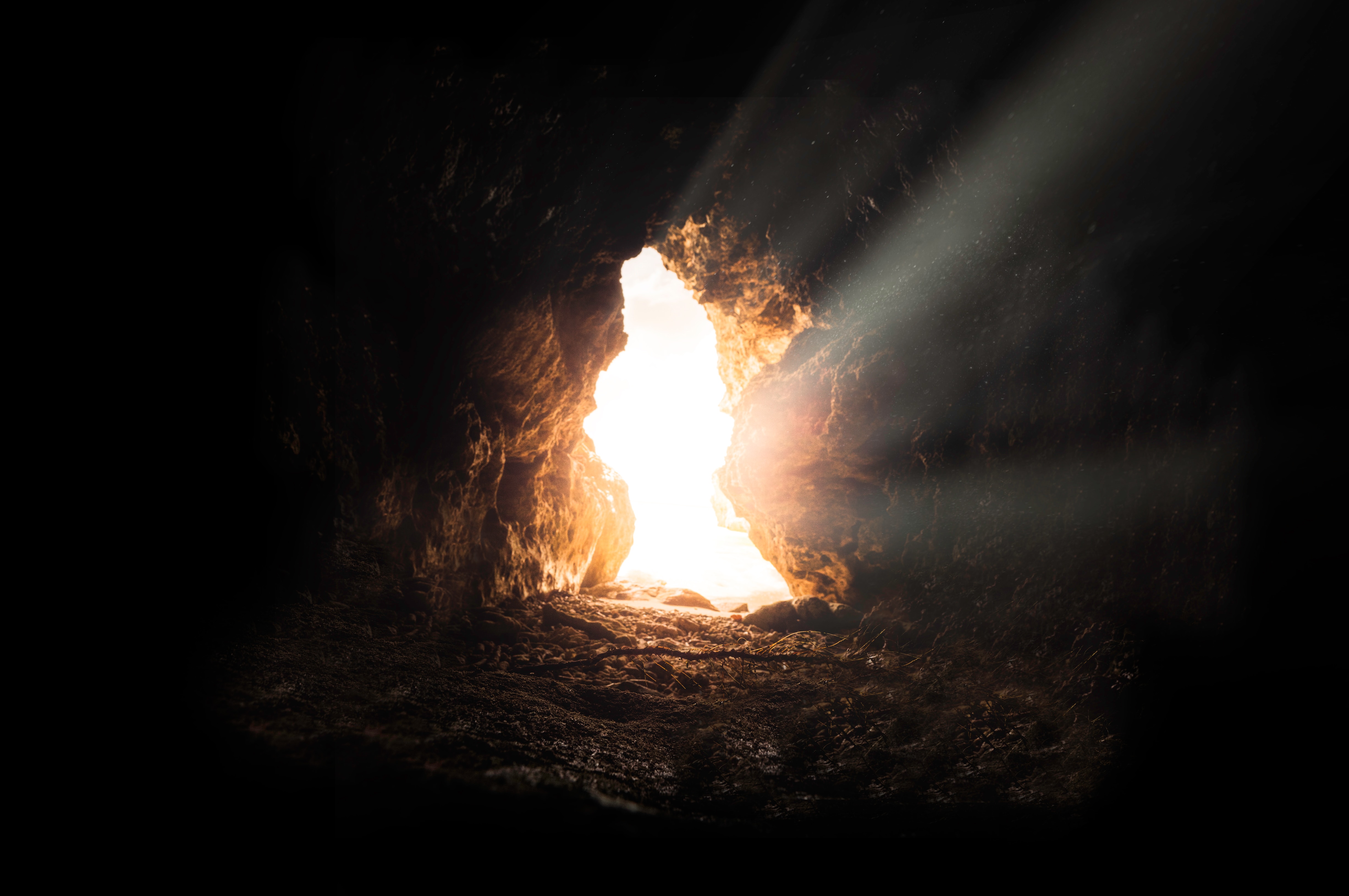

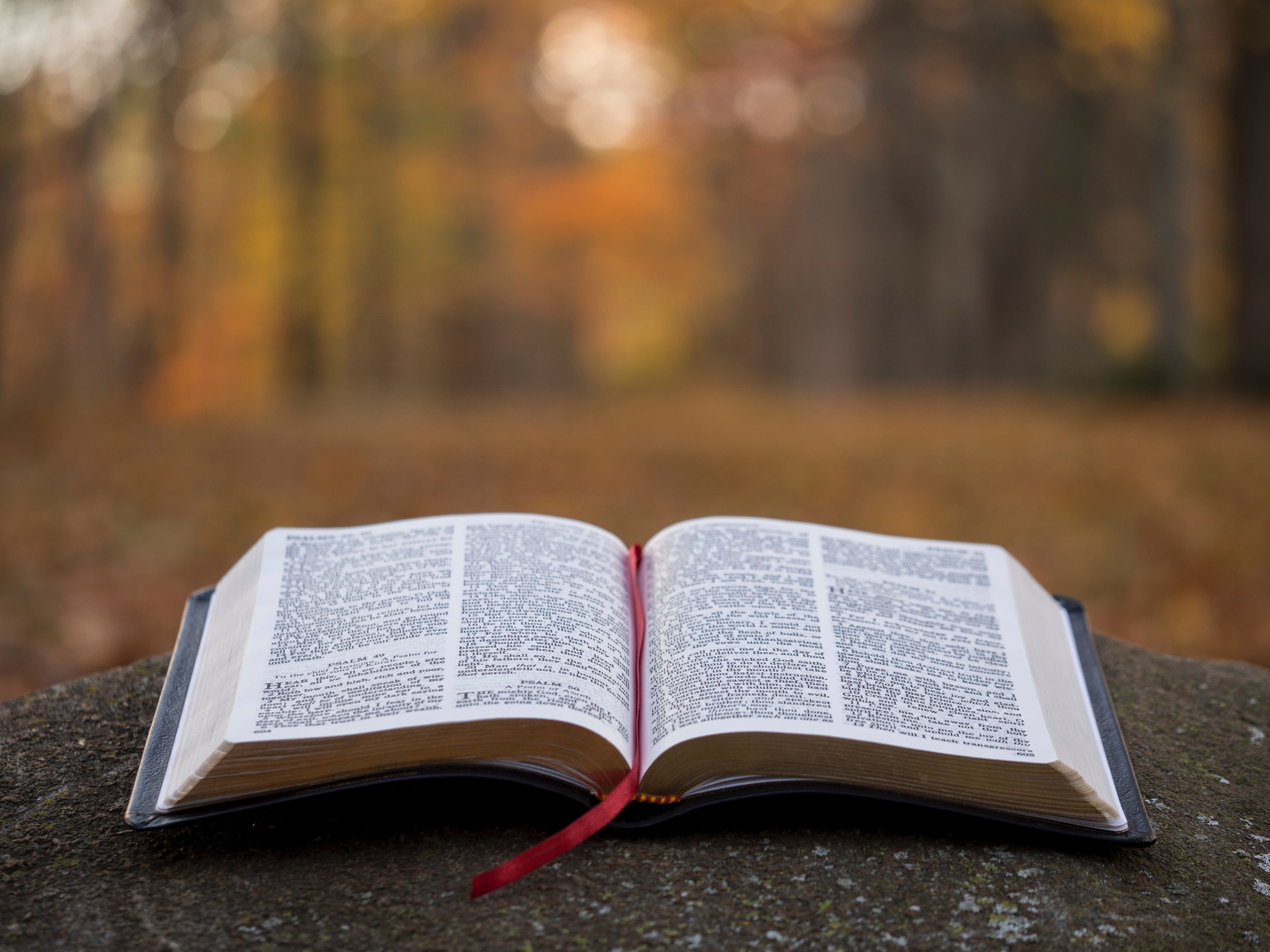

 Tami Urcia grew up in Western Michigan, a middle child in a large Catholic family. She spent early young adulthood as a missionary in Mexico, studying theology and philosophy, then worked and traveled extensively before finishing her Bachelor’s Degree in Western Kentucky. She loves tackling projects, finding fun ways to keep her little ones occupied, quiet conversation with the hubby and finding unique ways to love. She works full time, is a guest blogger on
Tami Urcia grew up in Western Michigan, a middle child in a large Catholic family. She spent early young adulthood as a missionary in Mexico, studying theology and philosophy, then worked and traveled extensively before finishing her Bachelor’s Degree in Western Kentucky. She loves tackling projects, finding fun ways to keep her little ones occupied, quiet conversation with the hubby and finding unique ways to love. She works full time, is a guest blogger on 


 Deacon Dan Schneider is a retired general manager of industrial distributors. He and his wife Vicki have been married for over 50 years. They are the parents of eight children and thirty grandchildren. He has a degree in Family Life Education from Spring Arbor University. He was ordained a Permanent Deacon in 2002. He has a passion for working with engaged and married couples and his main ministry has been preparing couples for marriage.
Deacon Dan Schneider is a retired general manager of industrial distributors. He and his wife Vicki have been married for over 50 years. They are the parents of eight children and thirty grandchildren. He has a degree in Family Life Education from Spring Arbor University. He was ordained a Permanent Deacon in 2002. He has a passion for working with engaged and married couples and his main ministry has been preparing couples for marriage.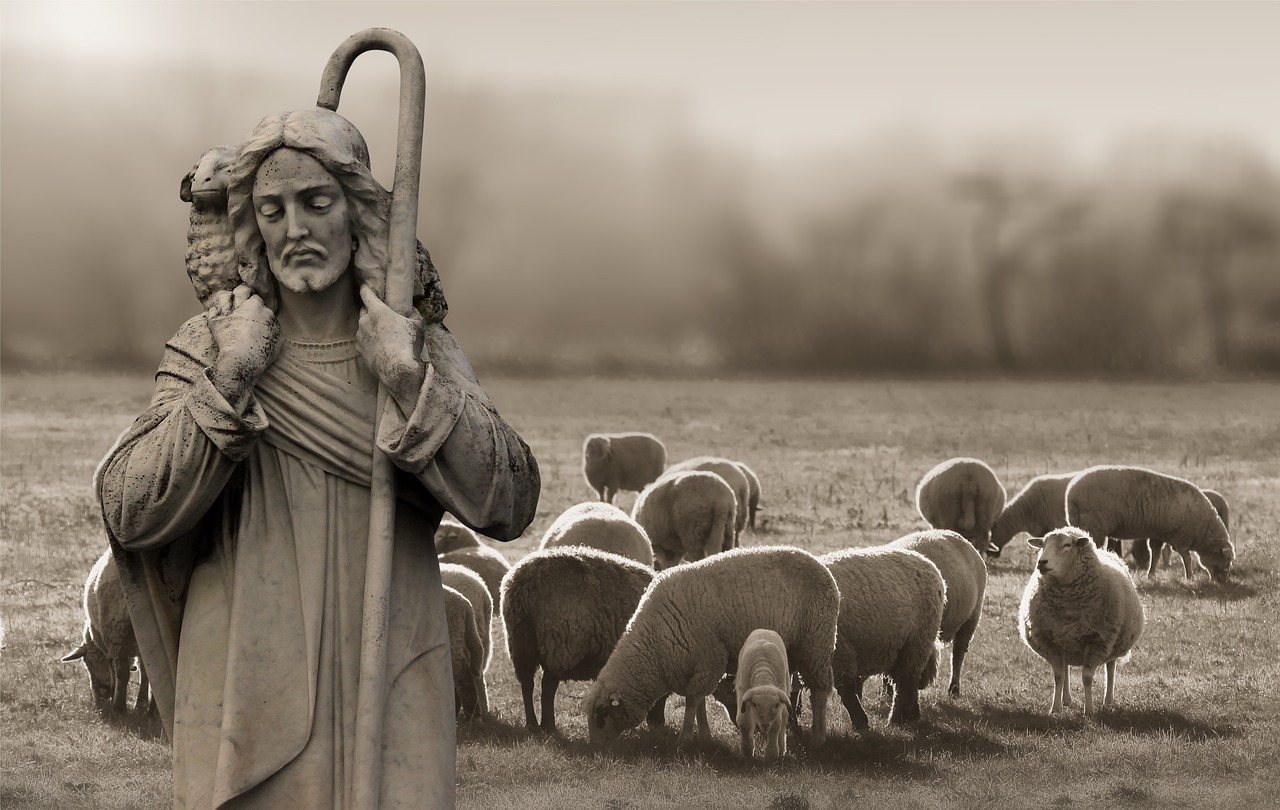

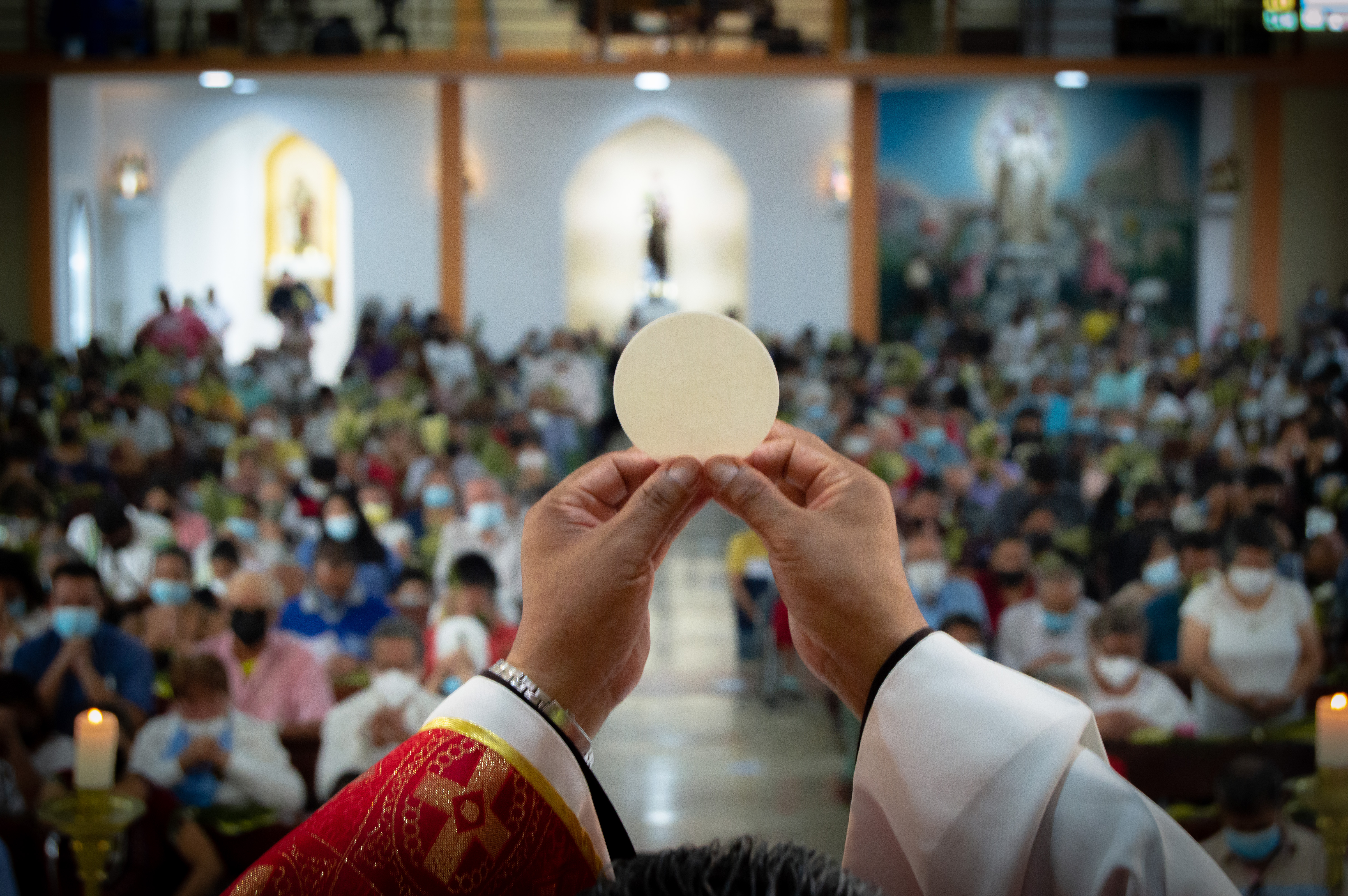
 David Dashiell is a freelance author and editor in Nashville, Tennessee. He has a master’s degree in theology from Franciscan University, and is the editor of the anthology
David Dashiell is a freelance author and editor in Nashville, Tennessee. He has a master’s degree in theology from Franciscan University, and is the editor of the anthology 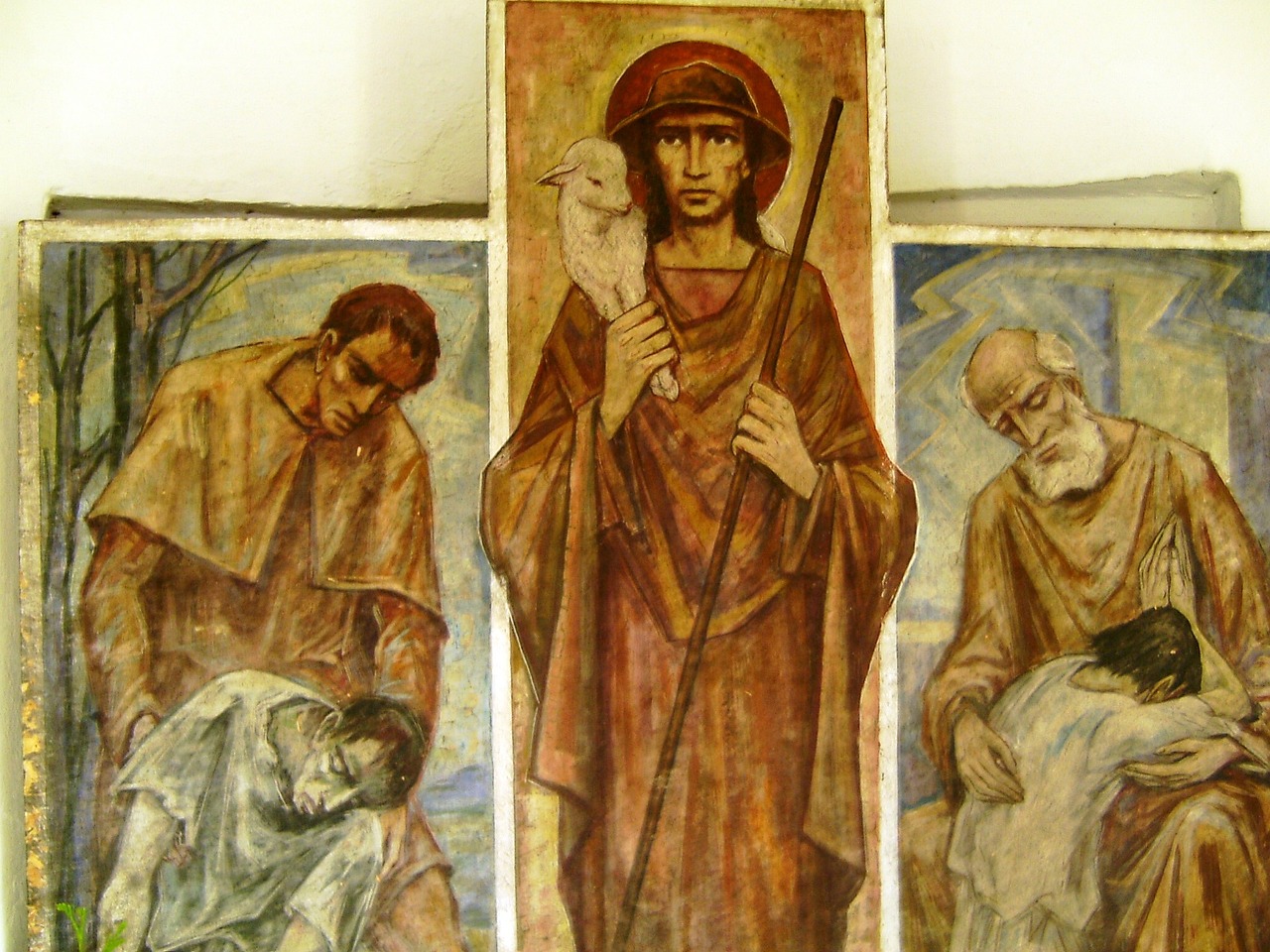
 Kathryn Mulderink, MA, is married to Robert, Station Manager for Holy Family Radio. Together they have seven children (including Father Rob), and seven grandchildren. She is President of the local community of Secular Discalced Carmelites and has published five books and many articles. Over the last 30 years, she has worked as a teacher, headmistress, catechist, Pastoral Associate, and DRE, and as a writer and voice talent for Catholic Radio. Currently, she serves the Church by writing and speaking, and by collaborating with various parishes and to lead others to encounter Christ and engage their faith. Her website is
Kathryn Mulderink, MA, is married to Robert, Station Manager for Holy Family Radio. Together they have seven children (including Father Rob), and seven grandchildren. She is President of the local community of Secular Discalced Carmelites and has published five books and many articles. Over the last 30 years, she has worked as a teacher, headmistress, catechist, Pastoral Associate, and DRE, and as a writer and voice talent for Catholic Radio. Currently, she serves the Church by writing and speaking, and by collaborating with various parishes and to lead others to encounter Christ and engage their faith. Her website is 

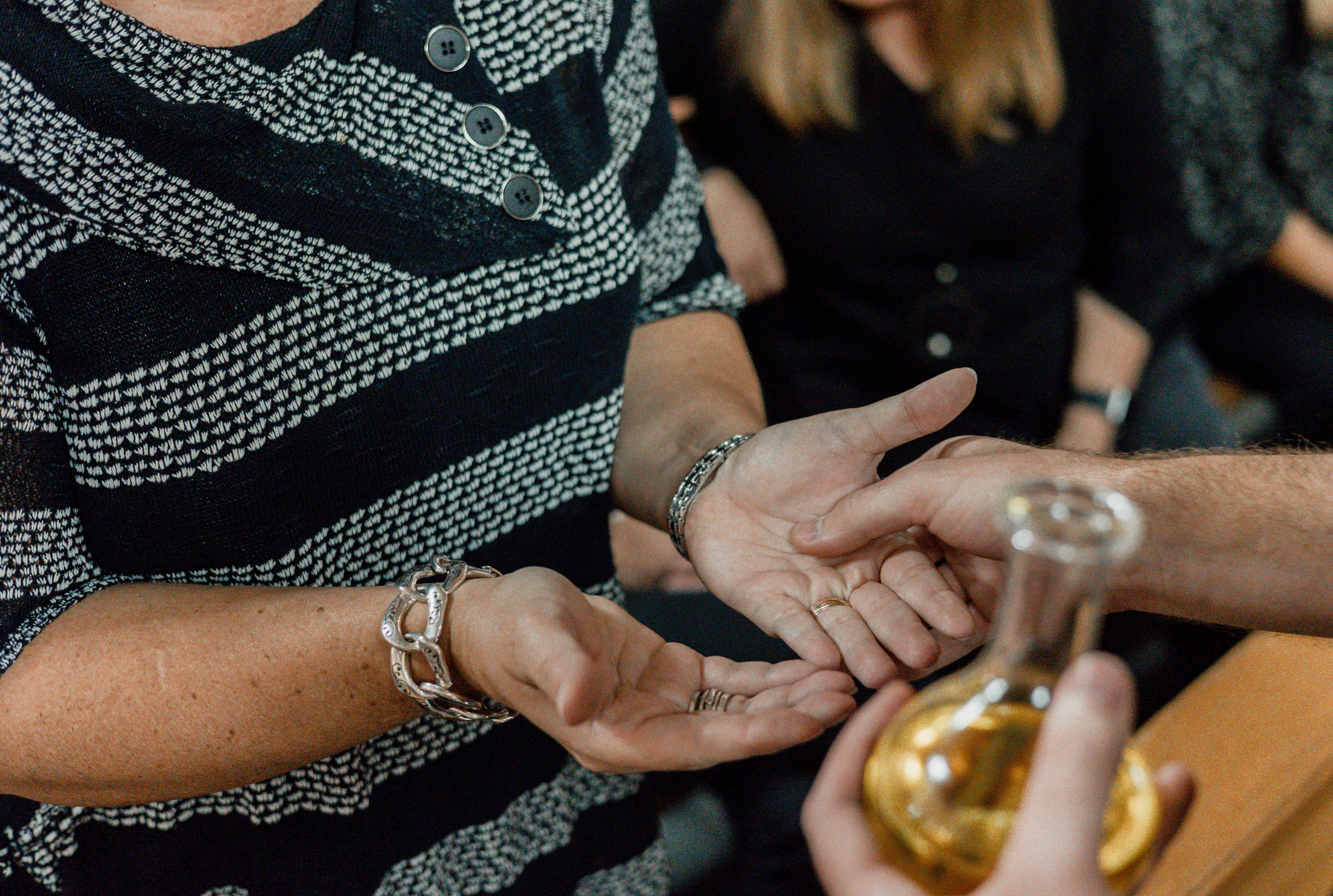
 A lover of Jesus Christ, a wife, and a mother of five,
A lover of Jesus Christ, a wife, and a mother of five, 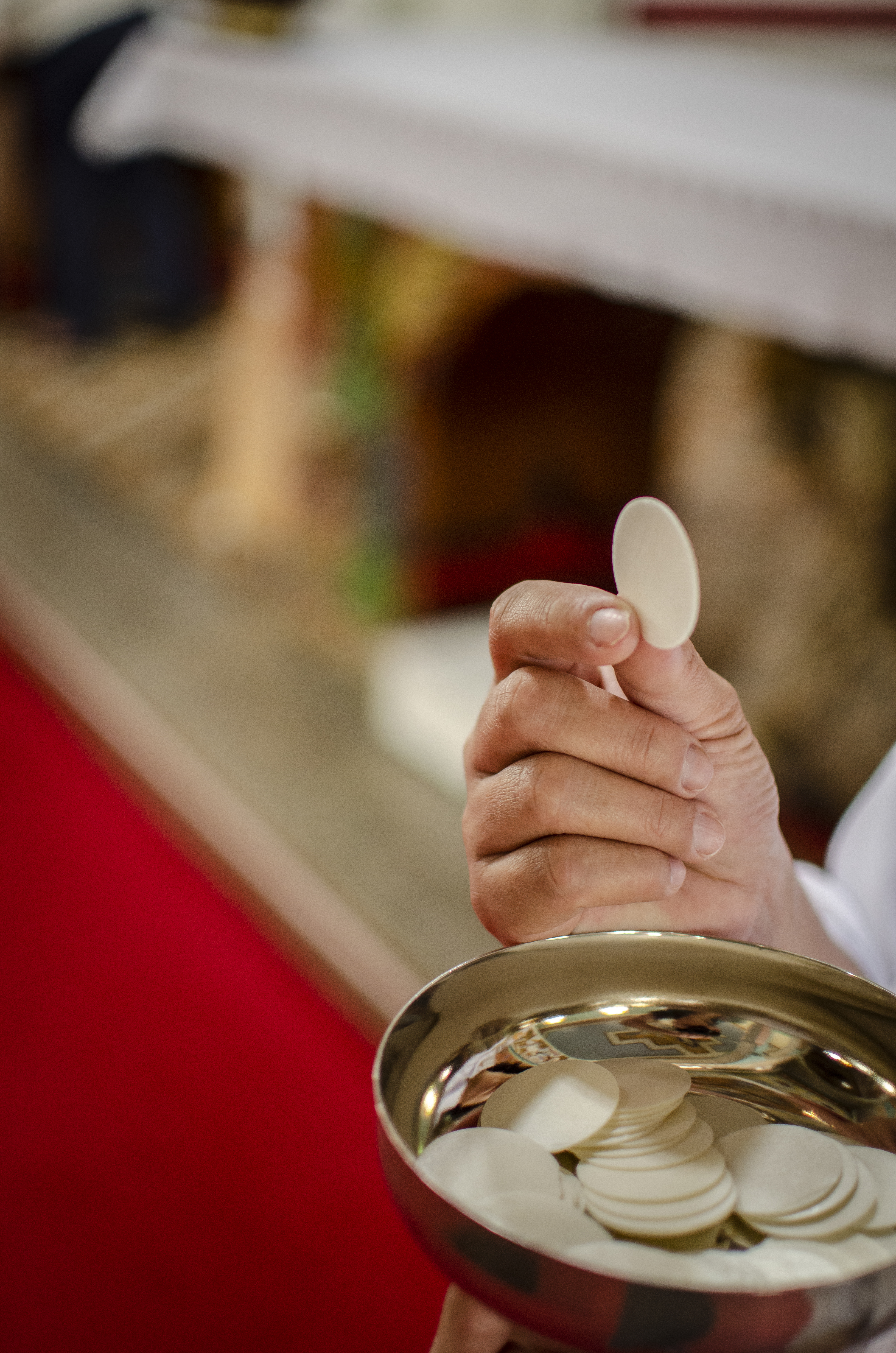
 Dr. Alexis Dallara-Marsh is a board-certified neurologist who practices in Bergen County, NJ. She is a wife to her best friend, Akeem, and a mother of two little ones on Earth and two others in heaven above.
Dr. Alexis Dallara-Marsh is a board-certified neurologist who practices in Bergen County, NJ. She is a wife to her best friend, Akeem, and a mother of two little ones on Earth and two others in heaven above.